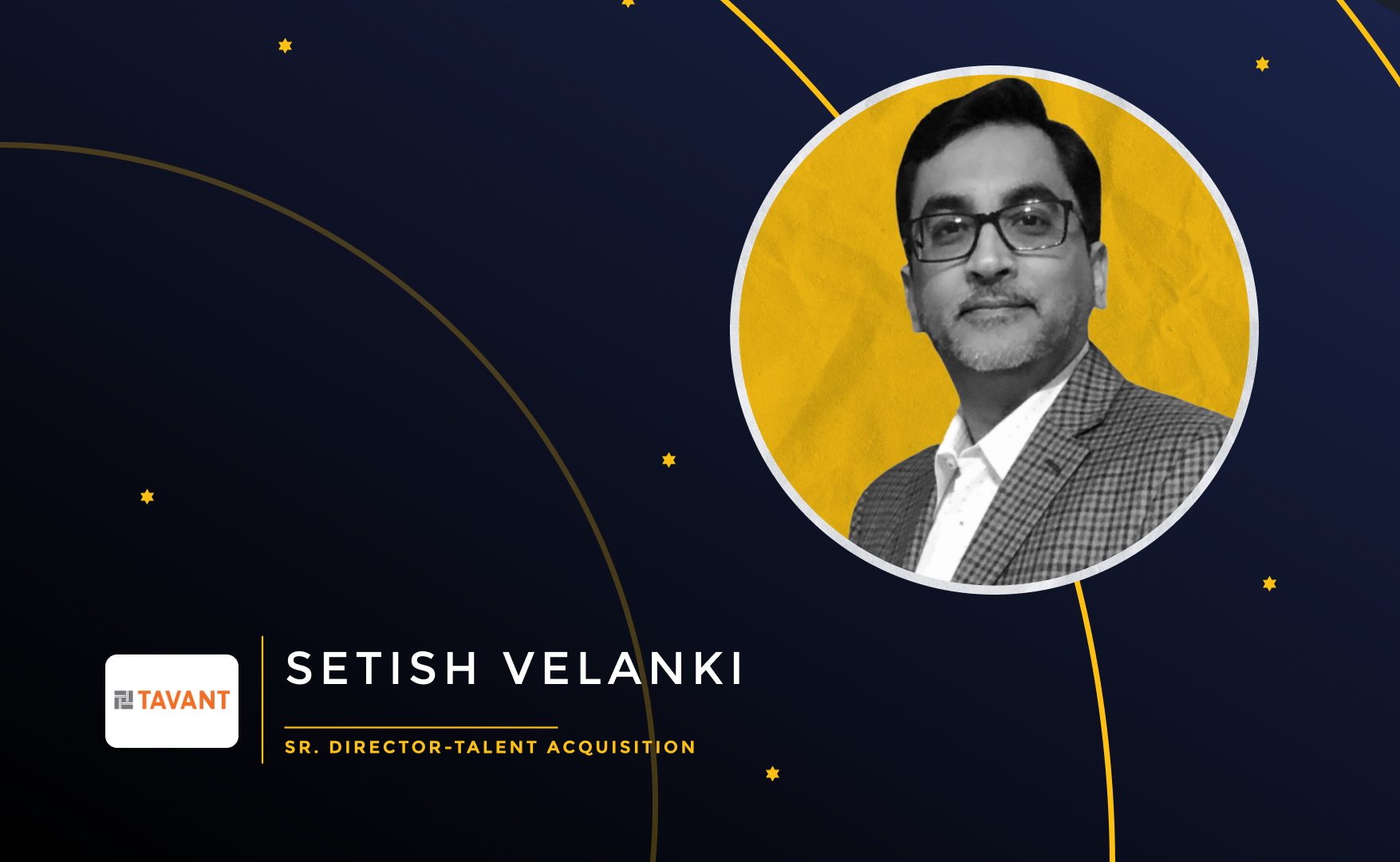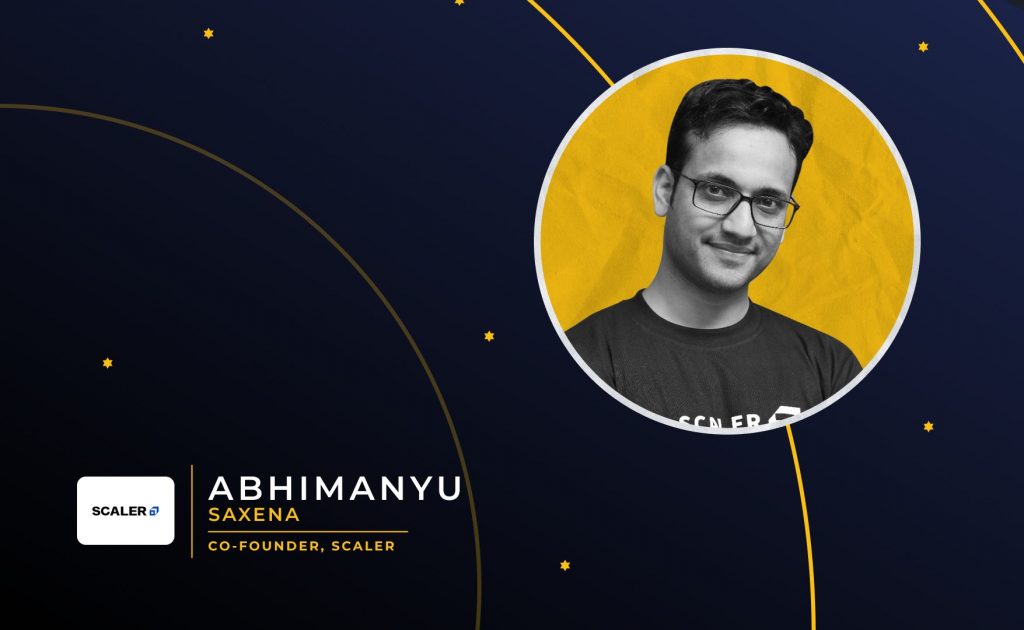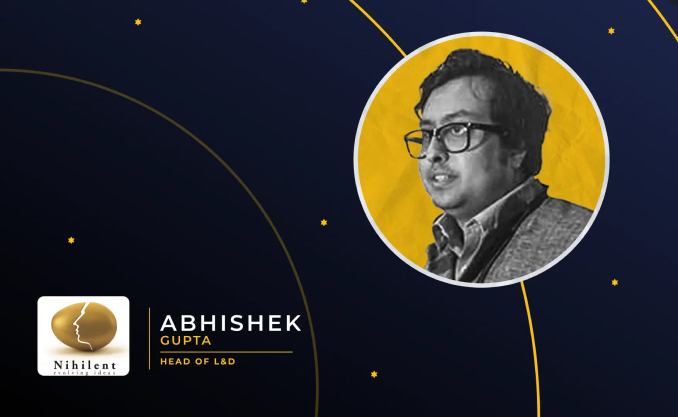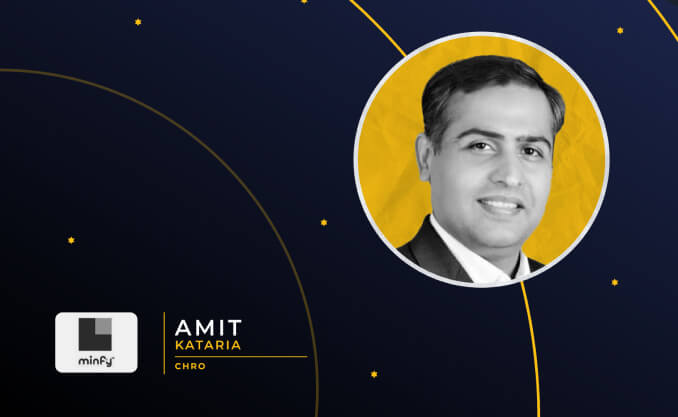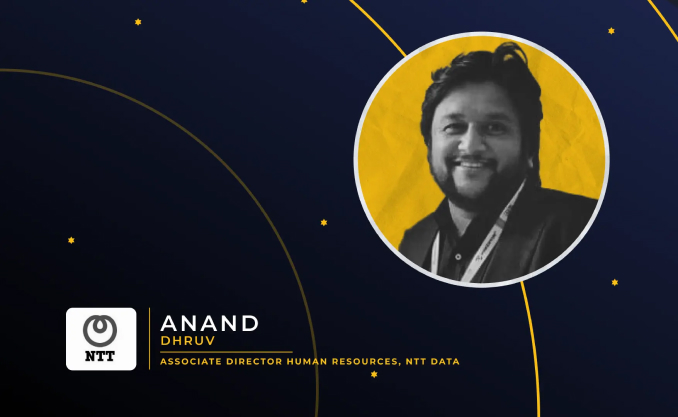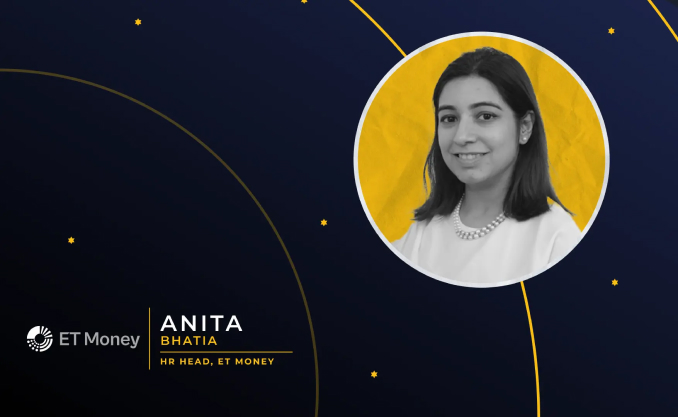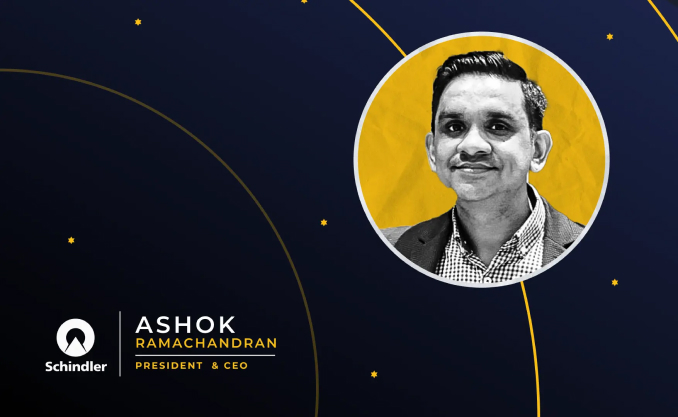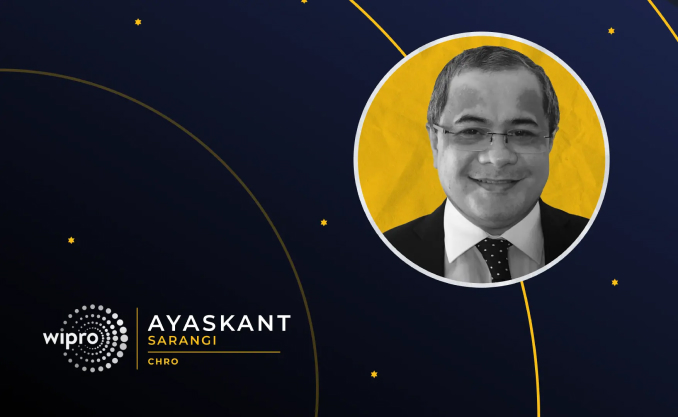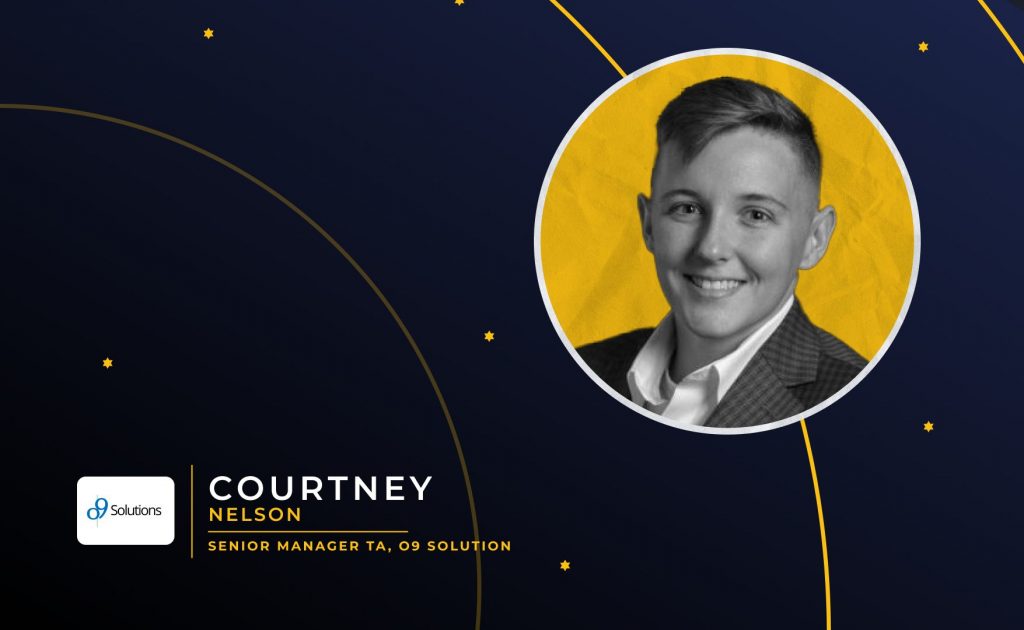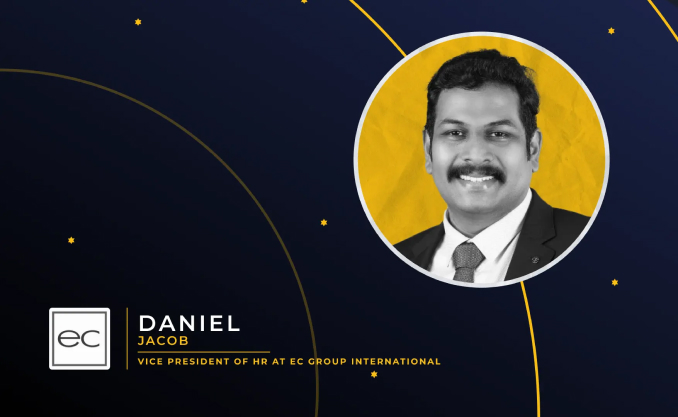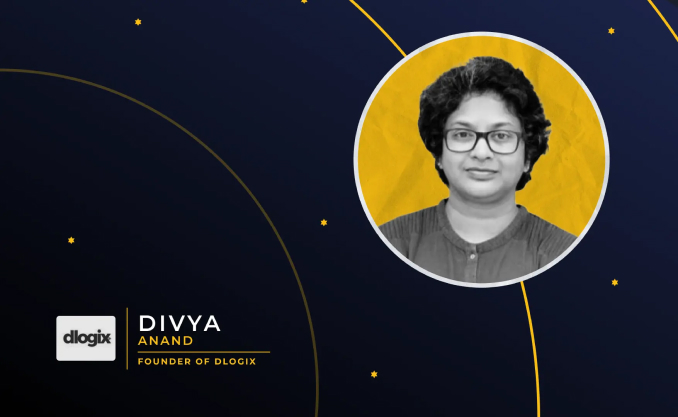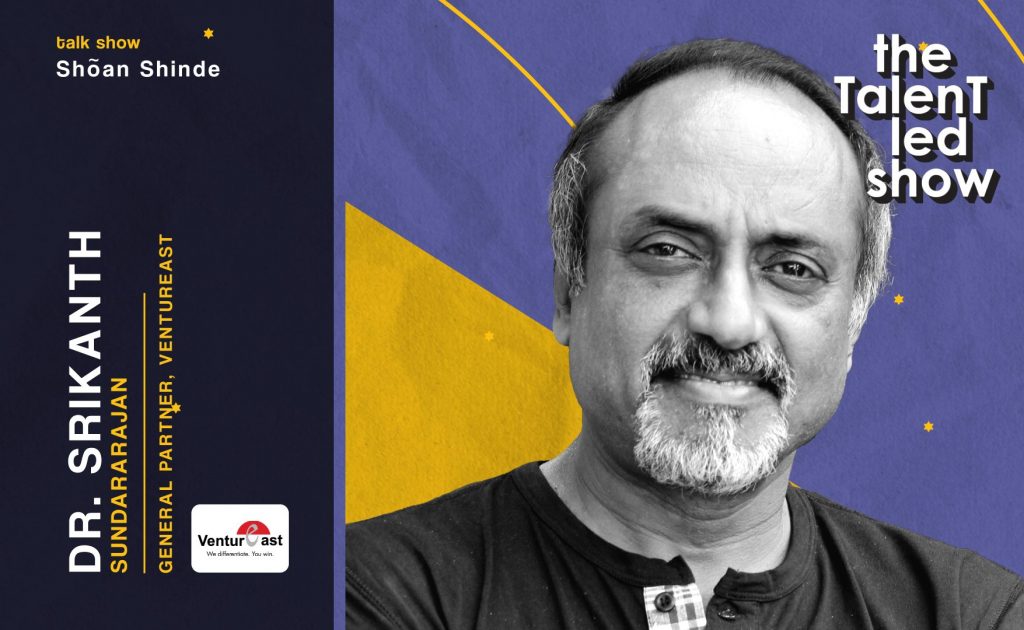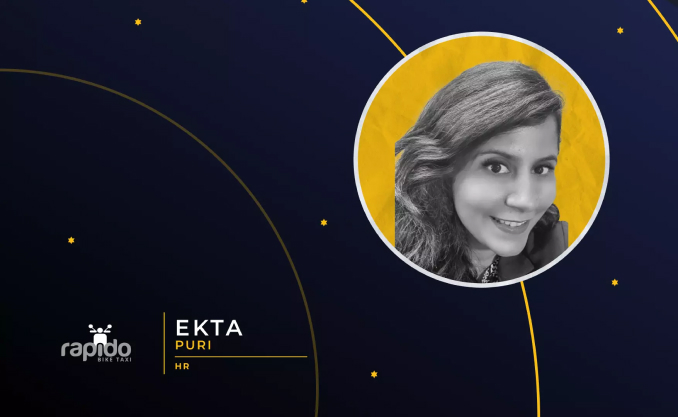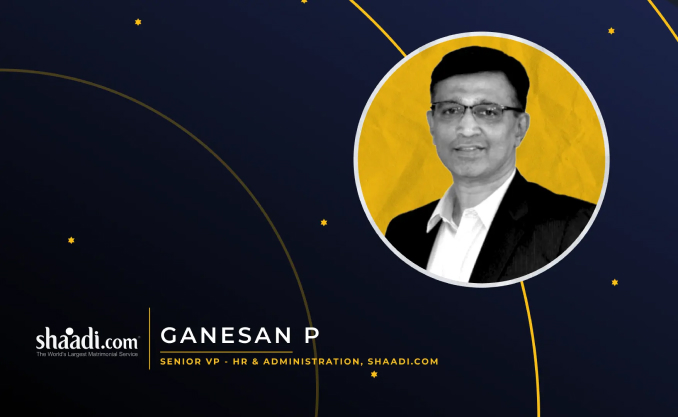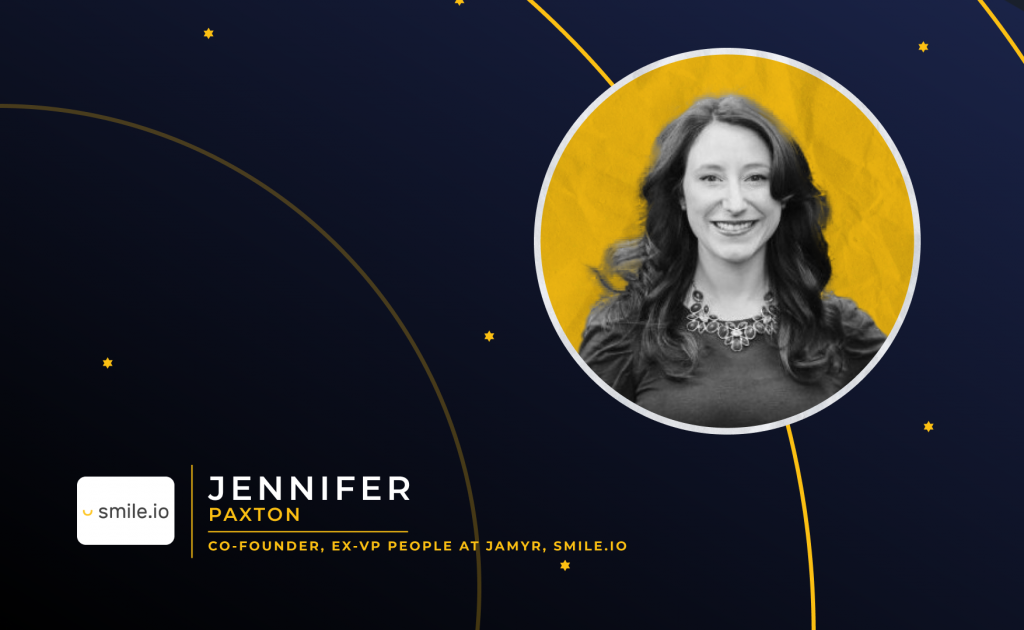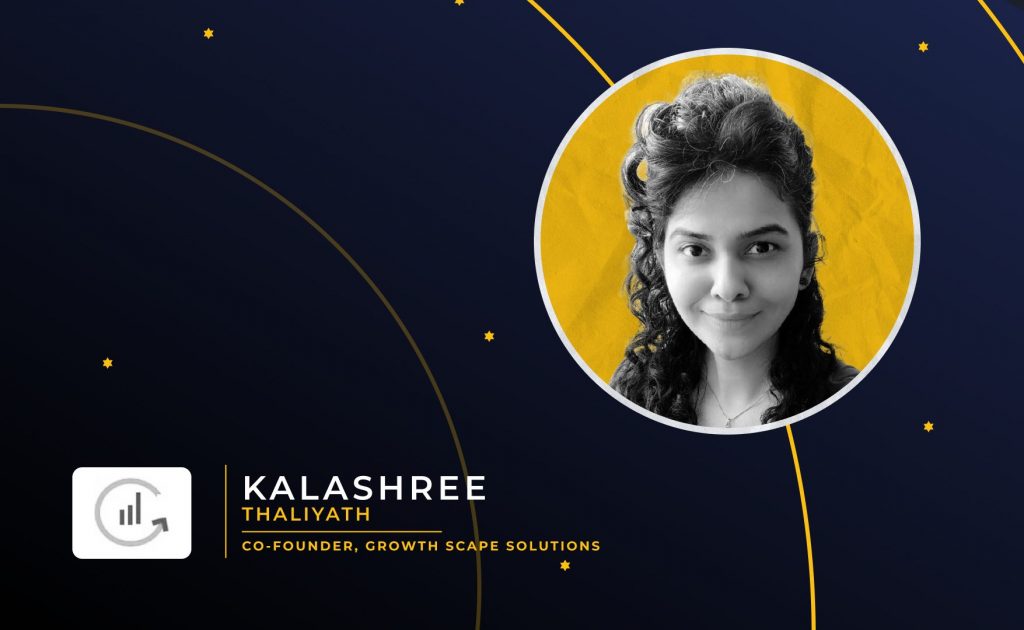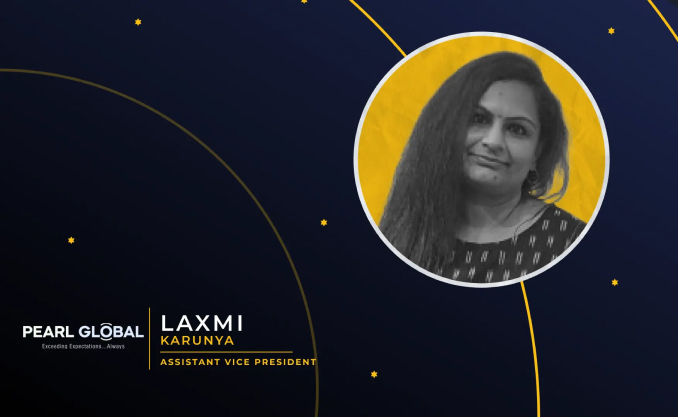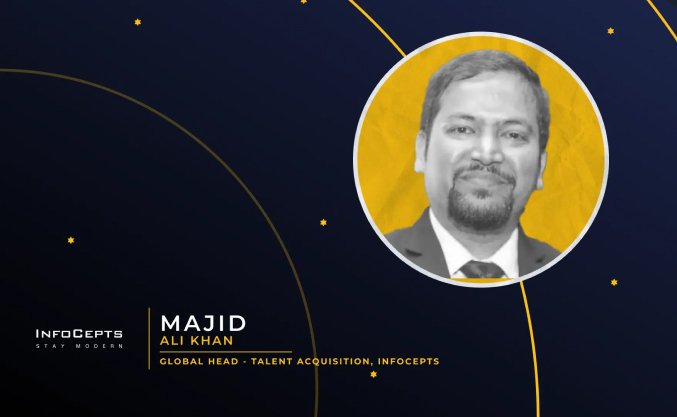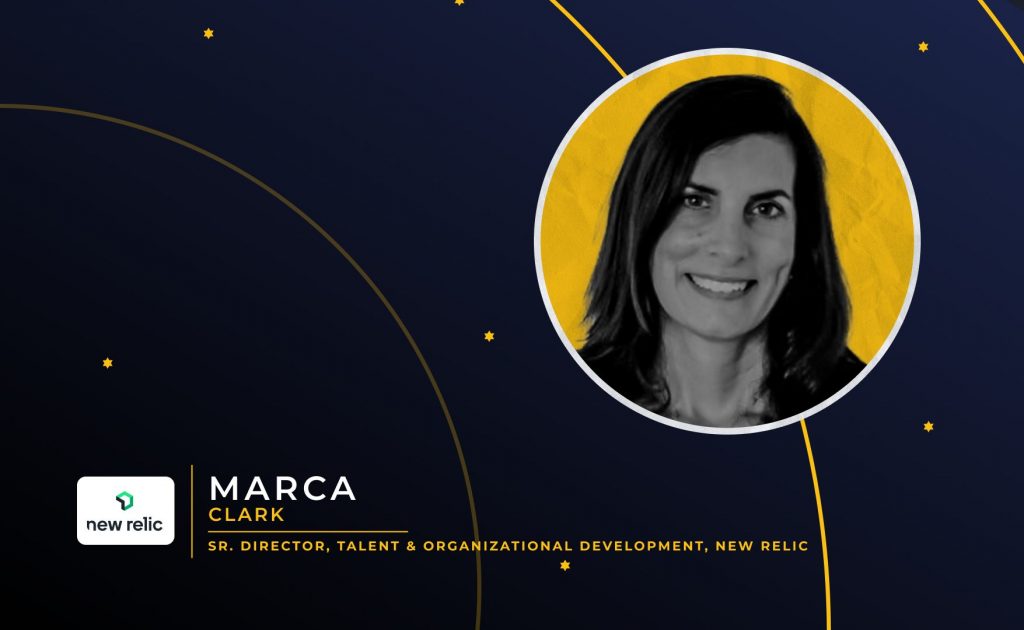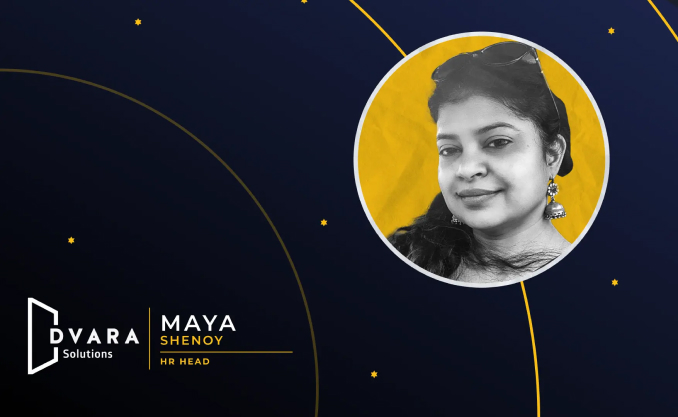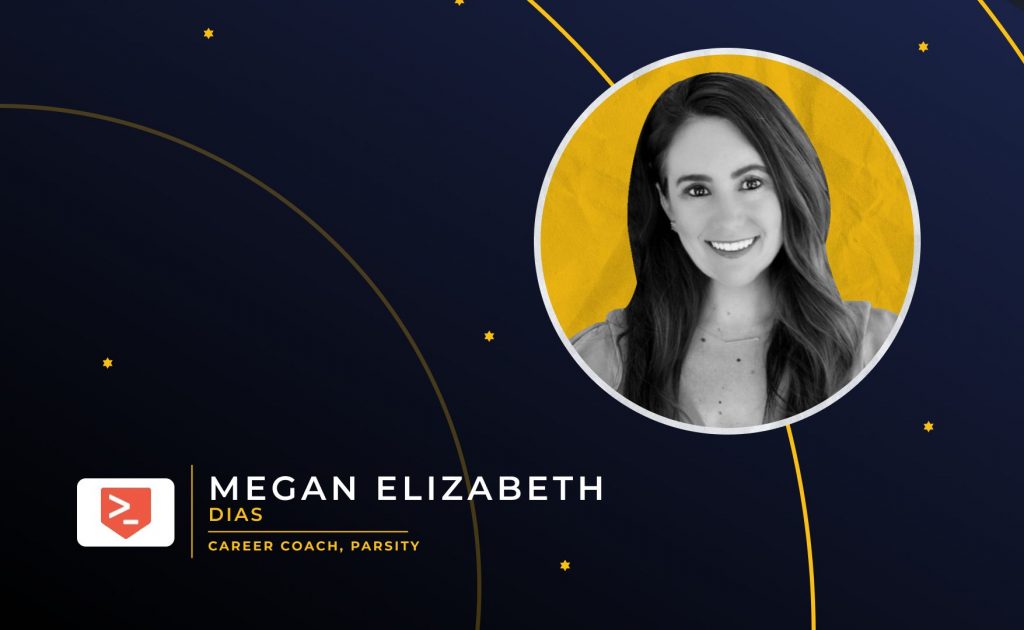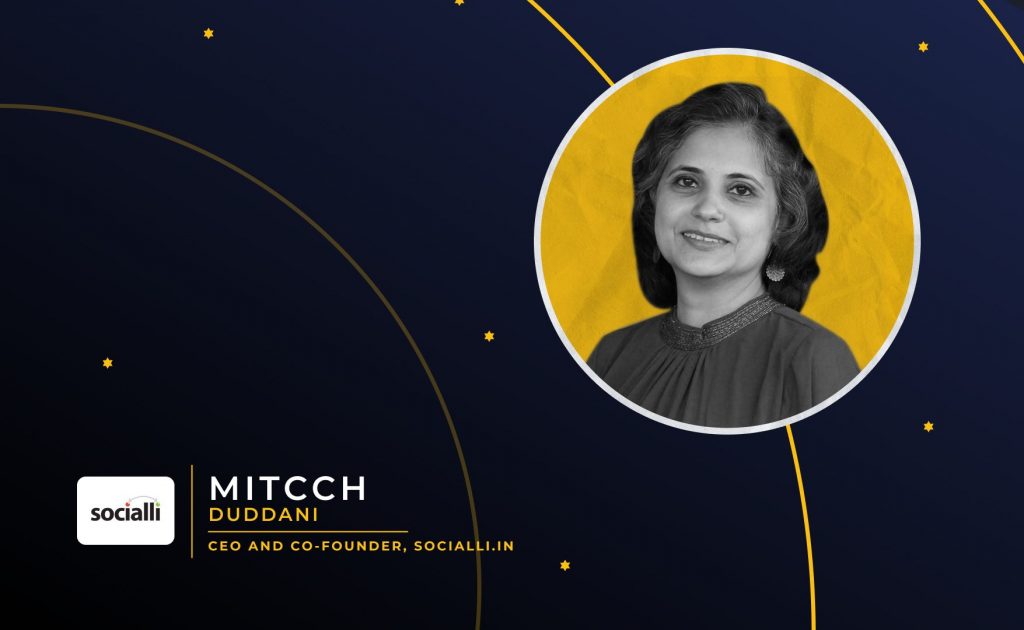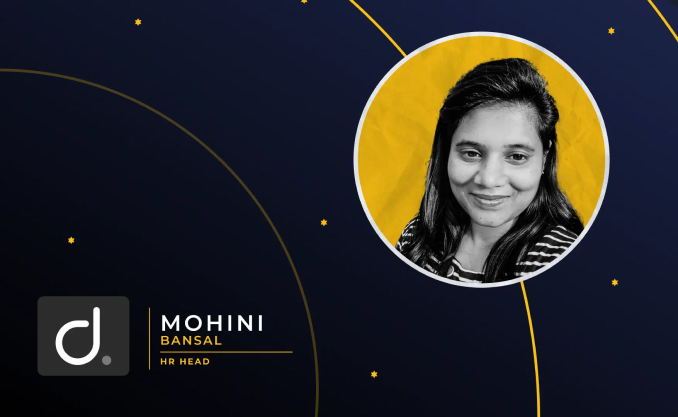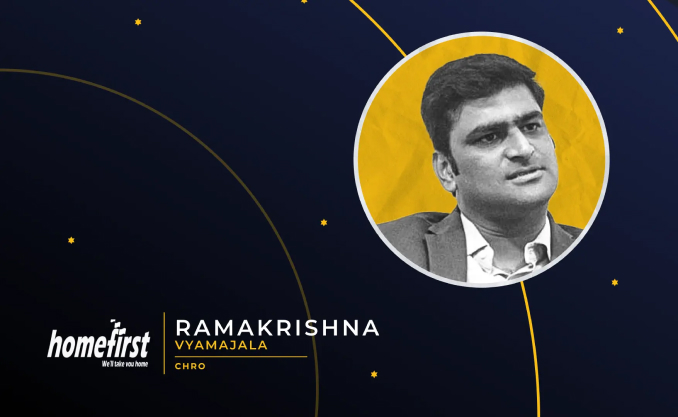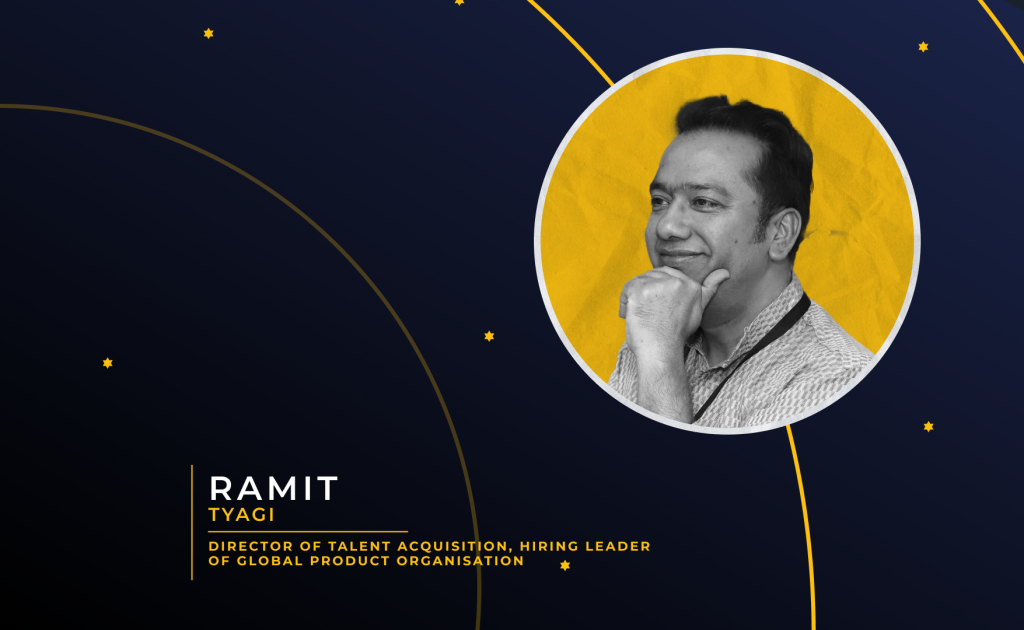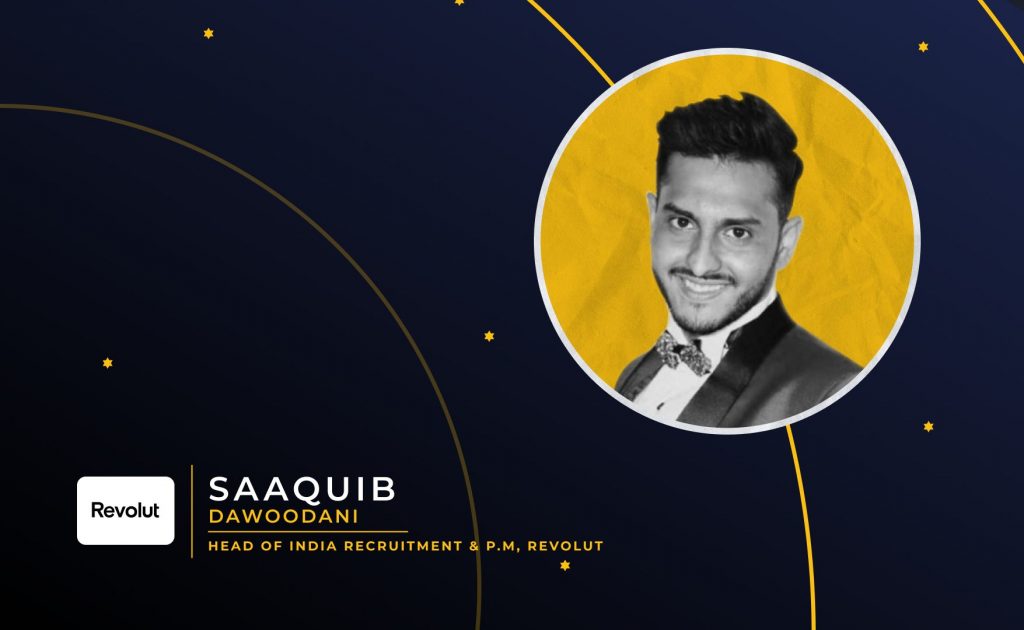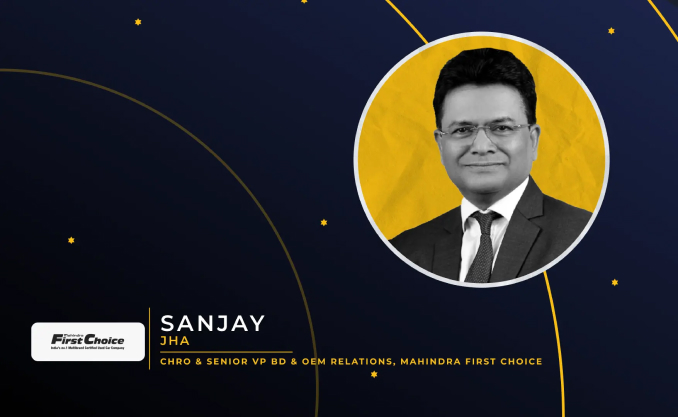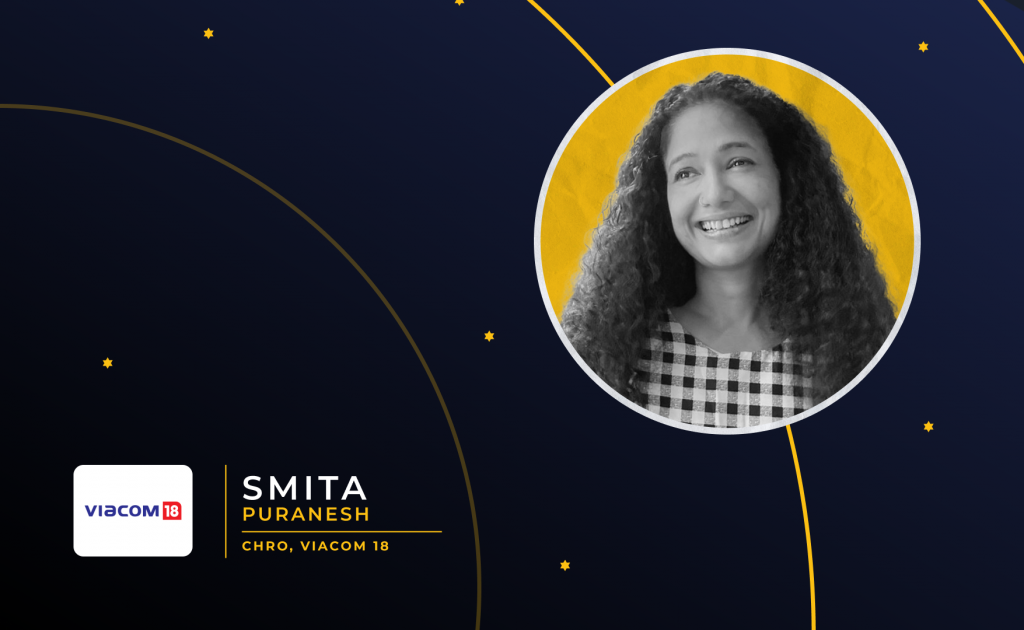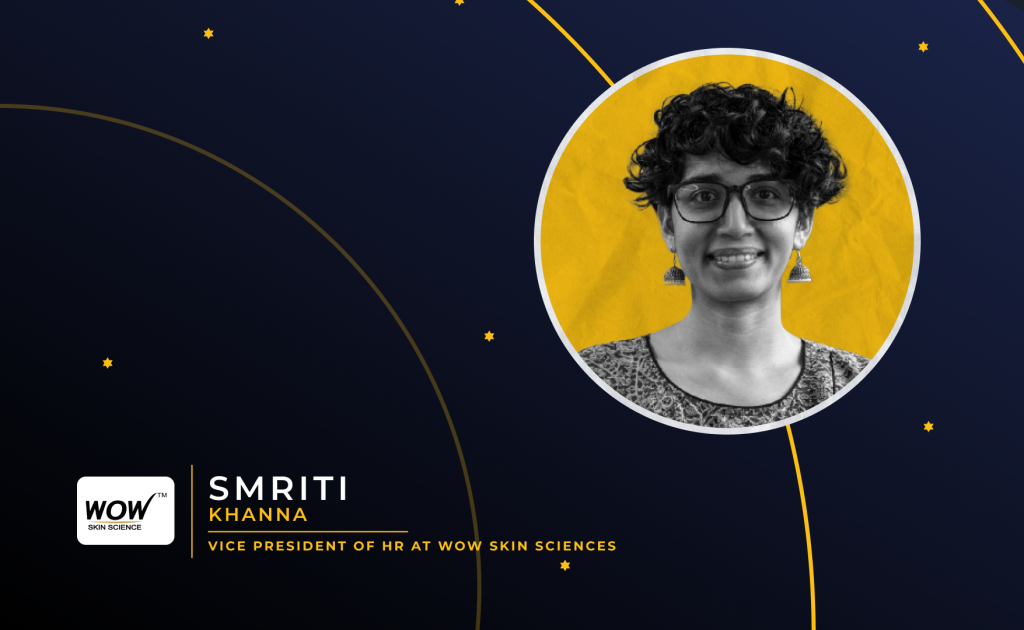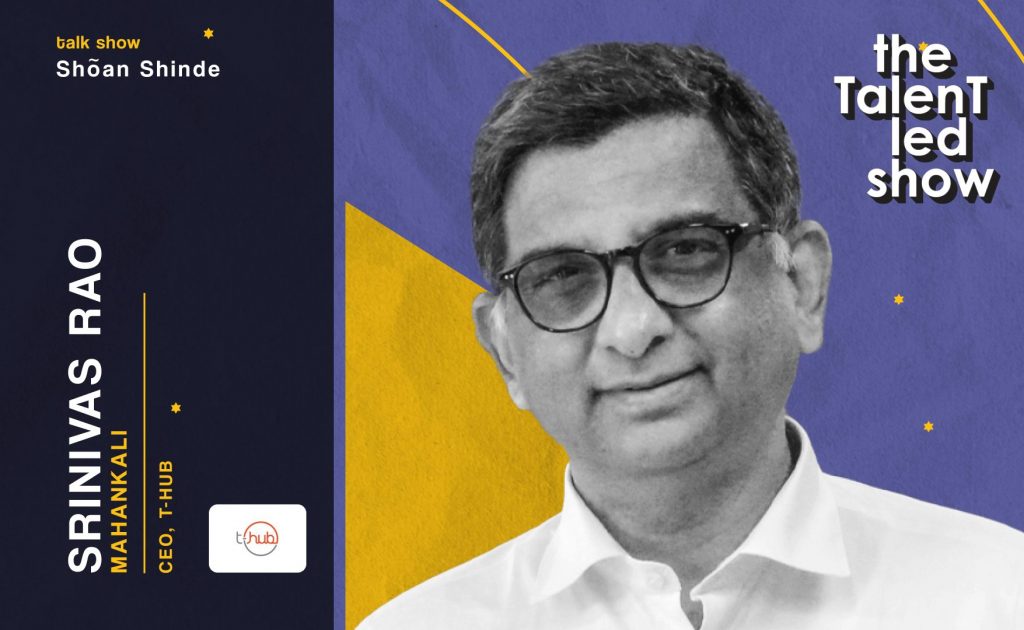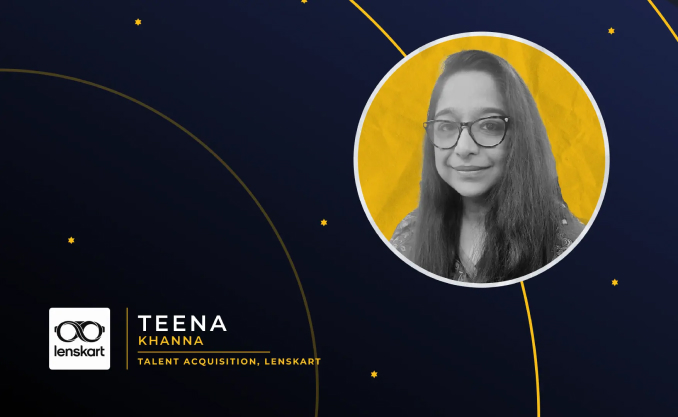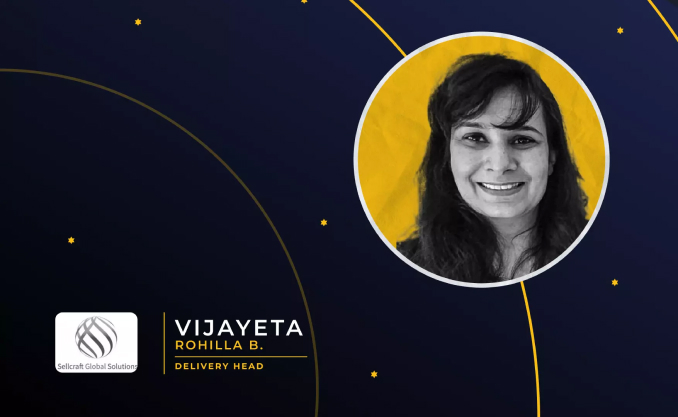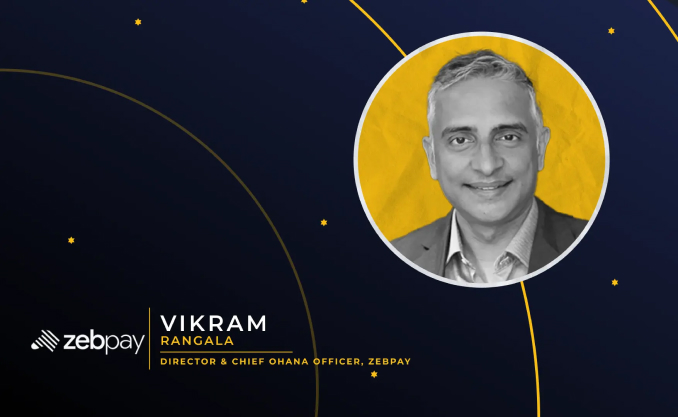With 20+ years of experience in TA, Satgish Velanki is now Sr. Director, TA at Tavant, and has helped companies like Cognizant, Pursuit Software in recognizing and hiring the best talent.
Satish says, “One thing you might want to look out for would be checking your connections. There is an immense amount of power in social networking and how it will help you land a job. “
Satish Velanki, shares about Digital Transfomation, “Recruitment automation has definitely evolved where organizations have now specialized in multiple microsections of recruitment.”
I grew up in a family where they were primarily programmers by heart and that’s how I got into programming.
I am not an engineer by study but got into programming due to my passion. I had an accounting major when I got out of school and I wanted to pursue the IT side of my studies and have also done some basic programming. So I had this interest in programming which led me to Oracle. So, long story short, I started my journey as an IT site developer, then moved into Oracle, which is what I came into this country to do, oracle database programming. When I entered Oracle, data was then starting to be recognized as the key to making a lot of decisions for the industry, and for all levels of departments. I came in when data was everywhere, meaning it was primarily in mainframe computers at that point in time and also in some relational databases that were emerging at that time. Oracle was one of the dominant ones when I came in in terms of databases. So it fits in well because of the programming background that I had in Oracle.
One of the jobs that I did when I came into this country was primarily to do the data cleansing side of It, basically picking data from various sources and then putting them into these humongous data warehouses that these companies were building, all of my clients. So that’s how I got a break into coming into the US. And that’s where my career journey started.
I entered this very small company where hiring was very specific for individuals with skills in data and data programming primarily. So I had actually volunteered to get into the interviewing and also trying to see how it can help my company select the right set of folks for all the programs or for all the clients that we are actually implementing the tool that we had a partnership with. Having said that, I think I was doing good in terms of getting the right matches into the company. And that’s when my earlier principal asked me to consider this as more of a full-time job, because he really needed somebody to anchor their recruiting function, and he never had a thought of actually hiring somebody as a recruiter, so he really needed somebody to do that. So having said that, that recruiting bug bit me because I really love the intersection where I can have a robust technical conversation yet I knew very well that I was fulfilling the needs of the company by hiring the right set of folks. I think that’s how my career in recruiting started back in 2000. So it’s been almost 23 plus years since I’ve been in recruiting industry and obviously, things have changed significantly from then.
I had this ability and the unique understanding of both the needs of the organization and as well as the candidates which help me bridge the gap.
I was aware of what technology folks needed at that point in time which helped me bridge the gap between both the needs of the candidates and the organization. This was one of my USPs throughout the HR journey. In simple words, I could put myself in their shoes and understand what is it that they need not only just through the recruiting side but also technology-wise.
I also kept pace with industry trends on both the recruiting and technology side, while not at the level of a coding expert but still catching up with the news also helped me to communicate with candidates well. Even the candidates wish to converse with people who have a bit of knowledge in their field and empathize with them. So that has definitely helped throughout my journey.
I think it is a unique skill that a recruiter has where they balance both the needs of the company you are working for and understanding the candidate’s needs.
As a recruiter, you are working for a company and that becomes your priority, hence it becomes important to understand the priorities of the organization. I think for the technology side, for the candidates, you really have to act as the candidate evangelist to the company. Sometimes it might be that you have certain specific constraints that you are working within the particular group that you’re serving. So that is something that you’ll also have to keep in mind. You have to work to be that real intersection of bringing both these people together and having to make a match, and recruiters are the face of the company, so they really have to put their best foot forward in terms of representing the company. Especially because they are brand ambassadors, well that’s how I look at myself when I play the role of a recruiter.
Candidate experience has multiple elements to it and it starts right from the get-go meaning how a company is projecting the demand over to a candidate in short how well the job description has been written.
Quite a lot of times, organizations tend to use fancy words to attract candidates, however, what candidates actually require is not fancy words, instead, they want to know the basics of the rule they are looking for. For example, what will the job entail and how much the candidate will acquire through the job? Apart from this, candidate experience is also not just about how well the job description has been written but it will also entail how well you have described your organization’s culture. They might check in on the career microsites of these organizations and check what particular groups in the organization have achieved and what were the contributions of these organizations. And that’s what is important from a candidate’s perspective.
And then it also depends on the panel interview. If you can map the journey for a candidate saying during this interview process, the candidate certainly appreciates it’s not about the length of the process, it’s about articulating the exact process right. That becomes the main job of the candidate or of the recruiter to make sure that the experience is clearly lined out, which is what a candidate appreciates when you’re going through a process like that. Simple engagement such as even a small mail sent to the candidate also works towards building the candidate’s experience.
He then becomes your ambassador for the company by actually talking to his peer group and saying, hey, I had a fantastic experience. I did not take the job for whatever reason. But I think you should consider this company. I think that is a very strong and powerful discussion that these candidates are having behind your back, because they are not obviously coming and evangelizing to you saying that, hey, but the positive ones are the ones that will lead a lot more traffic to you. And that is what is important. So this brand that you’re trying to build is done by a sum of a lot of micro experiences across the board. And as I have narrated, it’s not just one person doing it, it is like multiple people and clear communication that carries this whole experience forward.
One thing you might want to look out for would be checking your connections. There is an immense amount of power in social networking and how it will help you land a job.
I think one of the biggest guilt that we all have is bulk applying for jobs. There are candidates that feel like they need to apply for 100 jobs today but that is not the right approach. This also leads to organizations getting a lot of candidates where most of them might be irrelevant to the job. I think the one way to avoid it is to make sure you curate and you put together a good job description. And also from the candidate perspective, I do know the current trend right now in 2023 is that there are a lot of candidates available because of all the layoffs that at least on the it side, that you are seeing a lot of them. I think it’s understandable that the candidate wants to jump into the first available one and that becomes a trigger point for them to apply against it. If there is one piece of advice or one thing that I would want to leave with the candidates is like, to look for the one that you feel more closely attached to rather than going and applying against a volume.
And in this, I think the power of social networking is immense, right? Look for your connections. Look for the connections that you can speak to, and reach out to, so you can understand the culture of the company, you understand the trajectories that they have each of your references carried within this company. That makes a powerful statement because to stand amongst the crowd, it is very important that you put together a much more cohesive approach to a job-seeking endeavour rather than just fire away and then let’s see what sticks, right? I think that approach never is it has never worked, really speaking. And I think that will even on the candidate side of it, it will make sure that their experiences when they apply against them, they don’t go through the same frustration of hiring by applying by volume because it’s never a good thing.
What Millennials and Gen Zers require currently is beyond a job. They are trying to look for a bit more responsibility from the corporation also called the CSR or social responsibility of a corporation.
One thing that all talent professionals are doing currently is stepping into the shoes of Millennials and Gen Zers to understand their wants and requirements. And as far as the candidates are concerned they are looking for contributions to a corporation where a cause is being fulfilled. Causes don’t have to be big words or heavy words, but it’s about the right words for them. Where they are doing things that are making an impact on what their thing is.
I think that is very important and I see nothing wrong with that expectation. But I think it’s just about companies articulating that and reaching out and messaging that. Because you know and I know corporations have CSRs across the board. It’s about how they are presenting it and how they are resonating with it. How you are actually broadening that outreach in terms of the message? That’s important. So I think this is a challenge that will be ongoing and I think now it is Gen Z who have specific values that they want to be reflected in jobs and the roles that they perform. But I think there will be another millennium that will come in and it will have the same thing. I think you just have to as a talent professional, you just have to understand their point of view. You might not be there yet as a company to align with everything that is there, but whatever you are aligned to, I think it’s important that it gets articulated and it gets presented in the right way time and time again so that that pool of talent resonates with what the company’s goals are.
AI is definitely helping talent professionals to sort out their repetitive mundane tasks, however, with unknown problems arising, it is needed that there is a human touch to this problem which is where AI cannot take over.
I have got a certification from MIT, especially regarding how AI is impacting business strategy. I was very curious because I think I was wanting to find out what it is because as professional talent professionals, the impact of AI in HR technology is enormous because it has helped talent professionals in significant ways, the tasks that are deemed very mundane and not really a lot of value add. Like simple things like interview scheduling, calendar scheduling, and simple basic responses. They are all handled nowadays by chatbots. Because this never existed when we started off. But think about candidate experience. A person comes into the job, you see it’s a very common feature nowadays when somebody comes in into a website. The first thing that you see on the right-hand side is a chatbot that helps you say how can I help you navigate the journey of your search, right? And this never existed. Meaning that’s the way immediately an AI is making an impact wherein they are at least starting to engage. That engagement is important because otherwise you can do a Google search and you can find some jobs, but you’re not engaging with the candidate, is not engaging with the company. But you have seen the tools also sometimes are not the best in terms of solving every problem or every question that gets thrown at you. And it’s very hard to predict for an AI tool to say what can be next. Obviously, the tools have evolved wherein it has learned over a period of time with all the Algorithms that are set in, right, they learn. However, at the end of the day, there’s definitely a need for humans to come in and then bridge the gap when AI is not able to help. And thankfully, as long as that problem exists, humans will still have a job. But yeah, you have to embrace technology. Professionals have to embrace technology for all the best possible things that it is already solving. The ones that you deem are repetitive, monotonous, simple screening questions.
Another thing is that AI cannot self-learn it needs to have some sort of data input that will help it understand what it needs to do in a particular situation. So it is in the hands of professionals who are handling the AI and the type of data that has been entered. This might also sometimes lead to an implicit bias which is based on the data that is being fed. So I think that is more of a human behaviour piece. I think that needs to be addressed by training and a basic understanding of how you don’t succumb to an implicit bias. But that is a journey that every talent professional has to go through in terms of constantly reminding yourself not to succumb to those biases that you build in.
Recruitment automation has definitely evolved where organizations have now specialized in multiple microsections of recruitment.
While there are a lot of organizations that specialize in multiple microsystems of recruitment you can see that in a corporate world, recruitment involves all touchpoints. And it’s almost impossible for one company to do the breadth of everything that we narrated. So the tools that we have, I think it’s important to recognize there are strengths in each of the tools, and then you have to use all of the tools together to get that cohesiveness built in.
I think the tools have become a lot more intelligent now. Wherein in the past you could set some alerts and triggers with regard to certain skill combinations. If it comes, it would pop up. But I think nowadays, because of the intelligence that is already getting built within any of these tools, if there is this combination or if there is a perceived combination that is interesting, the tools alert itself right now those alerts come in automatically, making recruiters’ life a lot easier. Previously you need to set an alert. Now I think the alerts are being prompted based on the searches, pattern search patterns and also the kind of skills that you have been looking for in the system itself. That has become easier and I think tools have become very intuitive and that’s very helpful in terms of how the tools are enormously supporting the journey through the talent community.
I think down the line, one of the trends that I’m seeing is a lot of data-driven recruitment. And data-driven recruitment doesn’t really mean just simple metrics, but more about the trends that we are talking about. Like wherein the matching and the closeness to the match, the alertness of the systems to respond. I think a lot of this is driven by the tools that are actually giving this information and I think that’s where the future lies in terms of how to spot trends and the tools helping to spot certain trends and alerting us to the right picks that are coming in.
HR is a space that requires an immense amount of patience and to turn into a person who is willing to solve problems.
Since you are handling humans when we talk about the HR field, it sometimes becomes hard to handle certain aspects. For example, humans tend to change their expectations and HR as a problem solver needs to understand what are the requirements of the candidates and employees. But at the end of the day, what our human resource professional would need to have, I preach, is an immense amount of patience and extremely good listening skills both from the candidate’s perspective and also from the company’s perspective and then be very articulate in sharing. What are the real scenarios, real challenges, on both sides of the floor? Find and become the guardian of information from both the candidate as well as for the company. So you need to be having the resilience to say which ones to share, which ones to share, and which ones not to. And you have to have a thinking which will be a step ahead. You have to predict the behaviour of what the candidates can come up with and that can only be done by strong relationship building. The candidates will have to believe that you will have their best interest at heart so that they will open up to you, and share the information that is relevant. And also you can use that information to the best. In terms of trying to make sure that your company follows you along with the journey of this candidate so that you basically make both sides happy. And I think flexibility, as I mentioned is very important. Need to be extremely flexible.

